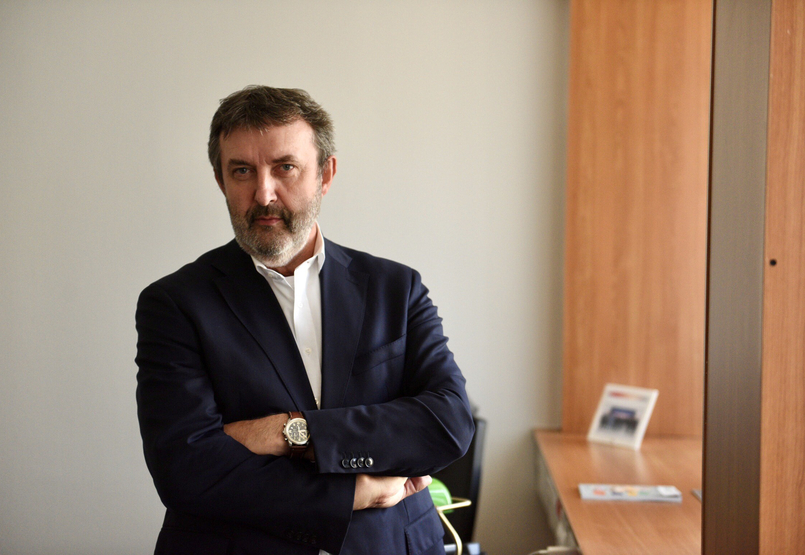Tibor Karancsi:Iren didn't take the danger seriously
Old elites in young democracies
The title of the historian Hans-Joachim Veen's speech to the 20th Century Institute said it all. As the professor of comparative government at the University of Trier said, in many places a new generation of the old elites came to power, while elsewhere the secret services provided the successors.
Politics and the security services
Security experts believe the National Security Office (NBH) could end up sharing the police forces' fate.
Foundations in the firing line
Hvg.hu has learned that Janos Zuschlag, executive chairman of the Socialist Party in Bacs-Kiskun county, is being prosecuted for fraud. Prosecutors say "Janos Z." is suspected along with seven co-defendants of using various foundations and associations to make fraudulent grant applications, resulting in Ft50m disappearing into their pockets. Zuschlag's former private secretary is also under suspicion.
Reloaded
Scapegoats and traitors, 64 counties, Arpad flags. We are the losers of history. Tears and anger. The Trianon commemorations at the weekend would have proceeded as normal if the Fidesz MP Zsolt Nemeth hadn't stolen the show from the specialist Trianon revisionists.
Book of the ex-cultural minister
Love him or hate him, like or dislike what he did as Minister for Culture, but there was no denying it that he was a scholar with outstanding powers of analysis. When he joined the Gyurcsany government, I can hardly have been the only one who dared to hope that he might serve as an intellectual Trojan Horse among all the politicians and party bureaucrats. But he, too, turned into a politician, seeming to lose his powers of self-criticism as he settled into his gilded ministerial chair.
Albert Takács
"I was always a good student," says the 52-year-old freshly appointed minister, a constitutional lawyer by training.
The price of lying
The lies and unspoken truths we were treated to during the election campaign have done more damage than even I imagined when last March I asked the parties to tell the truth, because otherwise they would be unable to govern. The price that has been paid is not just the general disgust with the political elites, and it is not just about the loss of confidence in the reform process. It is about a loss of the belief that there is a point to democratic politics. Anything must be better than a market economy and representative democracy!














